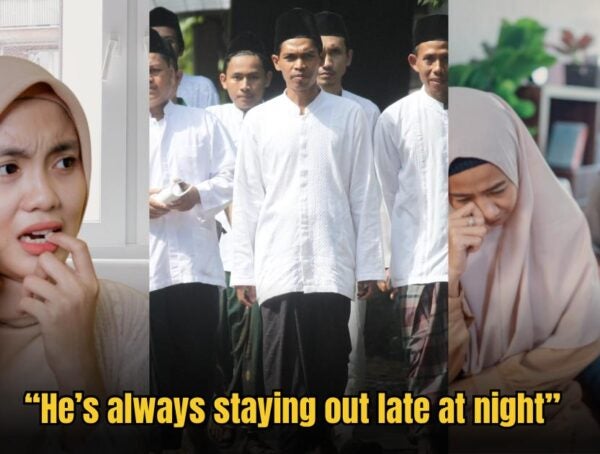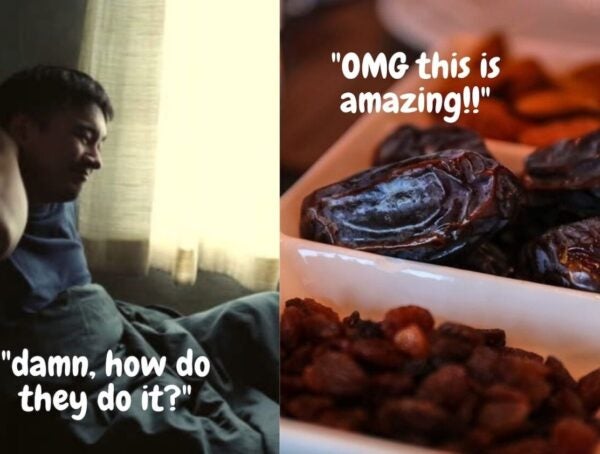Disclaimer: In Real Life is a platform for everyday people to share their experiences and voices. All articles are personal stories and do not necessarily echo In Real Life’s sentiments.
Malaysians may have been eating ‘halal beef’ that is secretly horse, kangaroo and other non-certified meat!
According to reports, a ‘meat cartel’, which had been operating for the last four decades, would import these various meats from countries like Mexico, Brazil, Canada, Colombia and Bolivia, repackage the meat and add forged halal documentation on it before selling it off to suppliers. They apparently mixed in real halal beef with the various low-quality meats they had to avoid detection, and would also pay off officials from government agencies to turn a blind eye.
So it’s understandable for some people to question how halal policies are set in Malaysia, which is governed by Jabatan Kemajuan Islam Malaysia (JAKIM). Were we always this sensitive towards halal rules? Have halal rules been the way they are now since Merdeka?
Doesn’t the concept of ‘halal’ only relate to pork and alcohol?
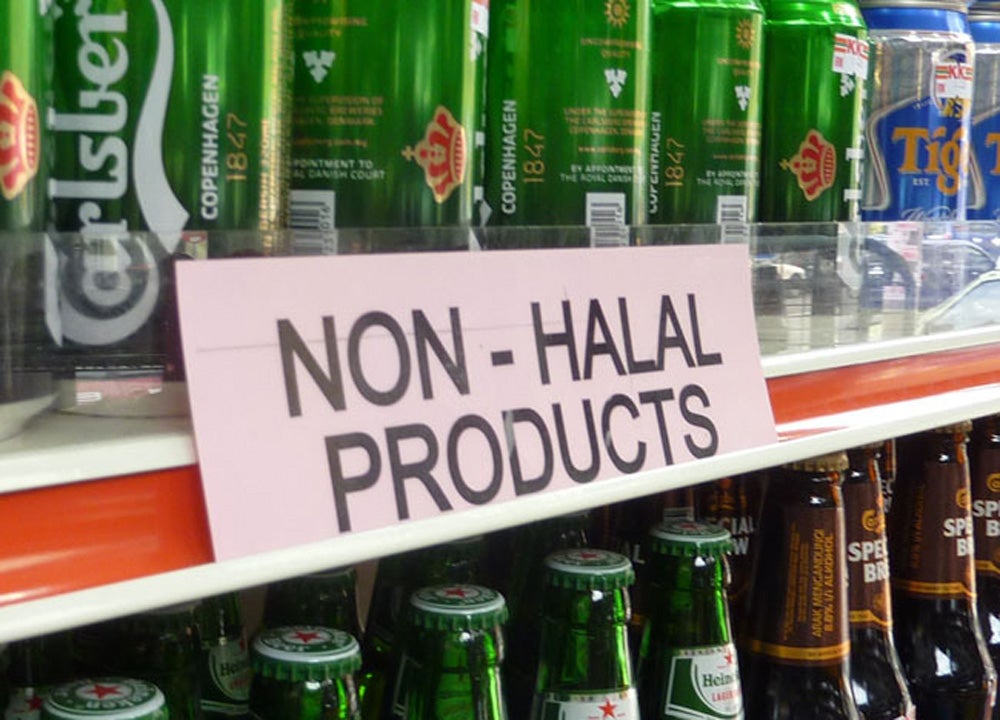
Source: live-less-ordinary. Com
Halal is usually known as something that’s allowed (ex. food, beverages and medicine) according to Islamic law.The book of at-Ta’rifat defined halal as the ability to use something that is required to meet physical needs.
This means halal is about the things you’re allowed to eat, drink, do or use according to Islamic principles, so it can be anything that’s applicable to all aspects in life: social relationships, clothing and even financial services. Muslims also use the concept of toyyiban to talk about what is “good” according to halal rules; so they usually use halalan toyyiban to mean everything that is safe and not harmful when referring to what you are allowed to eat/drink under Syariah law.
With these ideas, Islam gave Muslims some pointers on making halal food: all ingredients must be halal, all the approved meat should be slaughtered according to Islamic rituals, and halal ingredients should not be put together with haram materials (such as products from pigs and dogs) throughout the entire process (from their storage, to transportation, cooking and finally serving).
So here’s where JAKIM comes in. They basically jaga all things Islamic in our public life to make sure Islam in Malaysia is implemented “correctly”. Therefore, making sure that halal is done with an A+ report card in the country is part of their job too. But JAKIM is a body, so they had to be formed at some point in time.
In fact, JAKIM didn’t come around until 1997, and we didn’t have this many rules to control what was halal up until then. If JAKIM was a person, he or she would only be in uni now! So this then begs the question.
What were our halal laws like before JAKIM?
Some of our older readers might remember this: fast food chains like KFC used to serve alcohol back in 1984 with the tag “ditanggung halal”.

Source: world of buzz
So how did Muslims trust what’s halal and what’s not, and what was life for them before ’97?
Before people depended on JAKIM’s halal logo, the safest thing for Muslims to do was just to not eat at non-Muslim restaurants.
Another example of how things were different back then includes the Kesatuan Guru-Guru Melayu Malaysia Barat (KGMMB)’s 1968 AGM booklet which had a Guinness Stout advertisement in Bahasa Melayu right next to a note from then Deputy PM Tun Abdul Razak.

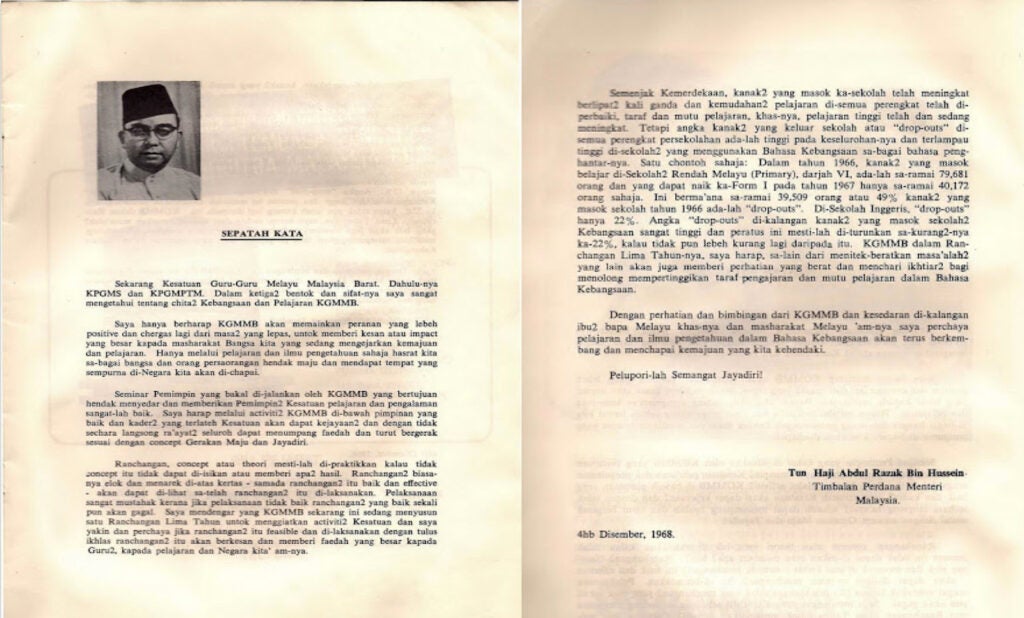
Source: niamah. Com
But today we can see how much advertisements of alcohol have changed, especially since the 2008 law on advertising rules came into place. Today, advertisements of alcoholic drinks no longer talk about how it “memuleh” our “tenaga” because they’re not allowed to advertise on how it can “enhance mental, physical or sexual capabilities”. That’s why the ads today are much plainer:
Our lawmakers didn’t put a halal standard in place back then, but instead they made sure food and restaurants were healthy and clean before they got a licence. So basically if you wanted a halal certificate, you’re already half qualified for a “ditanggung halal” tag if your food and restaurants were clean.
There are also several laws that affect halal certification without actually mentioning ‘halal’ such as the Local Government Act 1976, Food Act 1983, and the Food Regulations 1985.
So why did we actually need JAKIM?
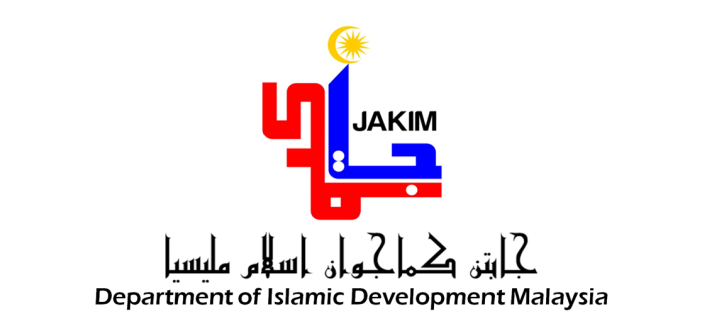
In 1968, our Council of Rulers decided that a body needed to be created to jaga the development and progress of Muslims in Malaysia. This body later became the Islamic Affairs Division in the Prime Minister’s Office (BAHEIS) in 1974 and was in charge of issuing halal letters for products. However, when Dr Mahathir assumed office, he started focusing a lot on the halal industry. He decided to make halal official in terms of the law, and it has been that way since.
A cabinet meeting in October 1996 decided to bump BAHEIS up, when it then became an actual governmental department on its own – which is what we now know as JAKIM. It is currently the only governmental body in the world that has control over the halal certification of a local market, and this halal division is only one of their many powers (they also have divisions on development of families and communities).
JAKIM’s halal laws do make people feel safer
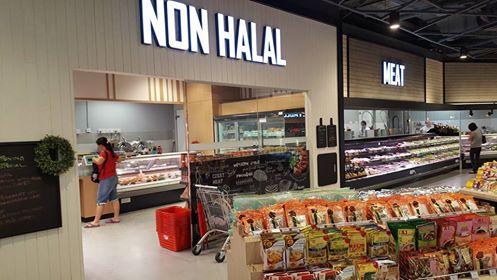
Source: minimeinsights. Com
So while JAKIM certainly has done some questionable things here and there, they seem to be doing okay in terms of managing the halal certification. As far as food is concerned, while the reports of the kangaroo meat cartel are concerning, it’s because of JAKIM’s halal logo that our Muslim brothers and sisters can enjoy previously non-halal cuisines without worries. JAKIM’s logo helps Muslims to not doubt whether something is actually halal or not, which is really useful for them.
But we’re the only country in the world right now with a governmental body that penalises whoever that makes false claims about the halal status of their products too – which not only makes Malaysia more credible for halal products , but this ultimately also expands our economy.
For more stories like this, read: I’m Muslim And I Drink Alcohol, But I Still Go For Friday Prayers
and Living In Malaysia Allowed Me To Embrace Islam Better Than In My Home Country
You might also like
More from Real Skills
How I Saved Almost RM50,000 On Buying My First Car
Here's how this Malaysian man with a RM3,500 salary saved RM50,000 on his first car.
Angry M’sian Boss Demands Unpaid Overtime Over Raya, Causes 9 Staff To Quit
An anonymous employee at a local SME shares how a bad-tempered boss eventually caused 9 staff to quit before Hari …
I Studied In Chinese School As A Malay Boy, Here’s What I Learnt
Every time I used Mandarin outside of school, family members would come up to me at gatherings and ask me …






